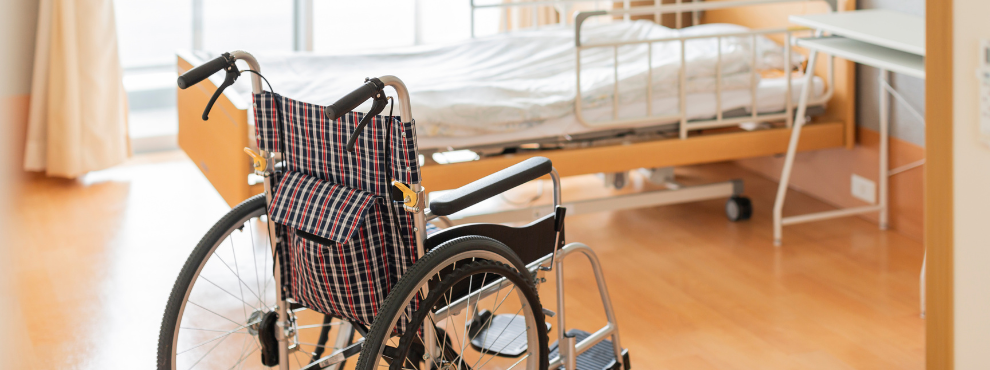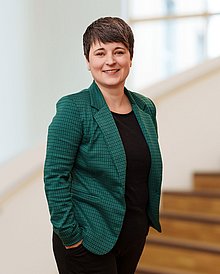Online toolbox shows how the community can be promoted in elderly care facilities
A three-year pilot project in the St. Clara retirement home with the participation of the Department of Nursing Science at the UW/H offers recommendations on how change processes can be initiated.

How can care facilities for the elderly create a strong community? This question formed the starting point for a three-year research project at the St. Clara retirement home in Salzkotten under the direction of the Department of Nursing Science at Witten/Herdecke University (UW/H) and with funding from the SozialstiftungNRW. The results and the measures derived from them are now available to the public.
The St. Clara retirement home was founded in the 1920s as a home for nuns and later also took in external residents. In 2018, the historic convent building was completely renovated and opened to many more residents from outside than before. "We realised at the time that this process would mean a major upheaval and that we would have to reposition ourselves in this context," recalls Sister M. Angela Benoit, Provincial Superior of the Franciscan Sisters of Salzkotten. "It was important that all residents felt at home with us and actively helped to shape the changes."
The research assistants from the Chair of Nursing Science conducted and led individual interviews, workshops and working groups in which residents, relatives and staff were able to express their wishes. In the process, the feeling of security crystallised as a central value for the community. On this basis, the research team worked with the care home to develop more than 50 specific measures to strengthen the community. For example, a telephone switchboard was set up to relieve staff and a communal memorial service was held for deceased residents.
Participation as the key to success
Ultimately, however, it was not individual measures that were decisive for success, but the participatory processes themselves: All interest groups reported in interviews that the exchange formats enabled them to understand each other better and to put forward their own wishes more confidently. This togetherness led them to see themselves as important parts of the community, which contributed significantly to strengthening cohesion.
"Participatory goal setting and implementation is the key to uncovering individual needs," summarises Dominique Autschbach, research assistant in the project. As scientific director, Prof. Dr Margareta Halek emphasises what a challenge such a process can be: "It requires a great deal of sensitivity to allow the greatest possible autonomy, promote communication at eye level and at the same time strengthen a sense of security."
The results and recommendations of the project are now available at www.modellprojekt-st-clara.de. They offer inpatient long-term care facilities valuable and practical insights into how they can successfully organise change processes in the interests of all those involved. The project was funded by the SozialstiftungNRW and the Franciscan Sisters of Salzkotten.
Photos for download
Contact person

Lucy Mindnich, M. A.
Communications Officer
Administration | Communication & Marketing
Alfred-Herrhausen-Straße 48
58455 Witten
Room number: 2.F05
